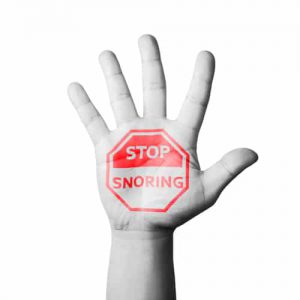 Ask Dr. Stewart
Ask Dr. Stewart
Dr. James Stewart offers treatment for sleep apnea and chronic snoring at his dental practice in Livonia, MI. Today he answers a common question regarding obstructive sleep apnea.

Your safety is of the upmost importance to us. Our office follows the infection control guidelines from the U.S. Centers for Disease Control and Prevention (CDC), American Dental Association (ADA) and the Occupational Safety and Health Administration (OSHA). Our affiliation with these organizations ensures that we are up to date with the latest recommendations and guidelines. As you know, infection control has always been a top priority in our office and you will notice some additional measures that we have implemented based on current guidelines.
You will receive an email or text to fill out any necessary forms online. This will make it more convenient for you and eliminate any paperwork in the office. One of these forms will be a COVID-19 screening questionnaire.
Please wear a face mask. We will provide one for you if you don’t have one. Your temperature will be taken in the foyer. Only the patient should come in for the appointment if possible. One caregiver or family member may come in with the patient, and they must wear a face mask and will be screened.
You will be asked to wash your hands or use hand sanitizer and then use a mouth rinse prior to your dental care. Our office utilizes Surgically Clean Air purifiers to remove harmful particles, pollutants, and other airborne contaminants and bacteria from the air in every operatory during all patient appointments. Please let us know if you have any questions or concerns.
 Ask Dr. Stewart
Ask Dr. StewartDr. James Stewart offers treatment for sleep apnea and chronic snoring at his dental practice in Livonia, MI. Today he answers a common question regarding obstructive sleep apnea.
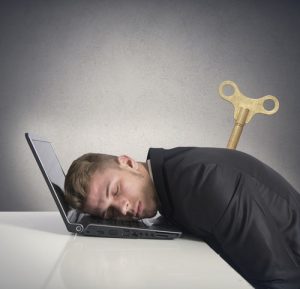 Every night millions of Americans struggle to fall asleep and obtain the deep rest necessary to function during work or school. In order to identify the cause of your sleep troubles and recommend treatment, a diagnosis is needed. What is a sleep assessment? With a thorough diagnosis you’re one step closer to finally receiving the rest you need.
Every night millions of Americans struggle to fall asleep and obtain the deep rest necessary to function during work or school. In order to identify the cause of your sleep troubles and recommend treatment, a diagnosis is needed. What is a sleep assessment? With a thorough diagnosis you’re one step closer to finally receiving the rest you need.
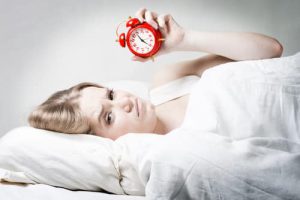 If you constantly feel exhausted despite sleeping the night before you may be one of the over ten million people who suffer from a serious sleep disorder. Known as obstructive sleep apnea, or OSA, this issue can leave people seriously sleep deprived. How do you treat OSA? Do you have questions about sleep apnea?
If you constantly feel exhausted despite sleeping the night before you may be one of the over ten million people who suffer from a serious sleep disorder. Known as obstructive sleep apnea, or OSA, this issue can leave people seriously sleep deprived. How do you treat OSA? Do you have questions about sleep apnea?
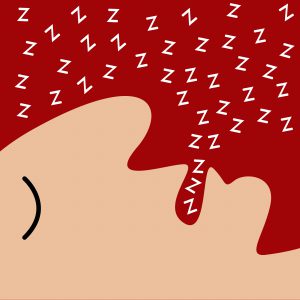 Snoring is a common occurrence. It is estimated that close to half the population of adults sometimes snores and a quarter are chronic snorers. Snoring becomes more frequent with age. More men than women snore. And being overweight contributes to snoring. Snoring is like bruxing (the chronic habit of grinding and clenching your teeth). You have no idea you are doing it because you are asleep. Do you know why we snore? Take the true or false quiz below to see how much you know.
Snoring is a common occurrence. It is estimated that close to half the population of adults sometimes snores and a quarter are chronic snorers. Snoring becomes more frequent with age. More men than women snore. And being overweight contributes to snoring. Snoring is like bruxing (the chronic habit of grinding and clenching your teeth). You have no idea you are doing it because you are asleep. Do you know why we snore? Take the true or false quiz below to see how much you know.
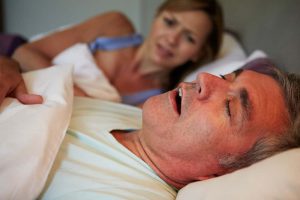 Are you being nudged, shaken, or elbowed during the night from your sleep partner because of your snoring? It is estimated that 90 million Americans snore, so there is a good chance you may be getting nudged. If so, both you and your partner are losing sleep and it can be frustrating. People don’t want to snore, and those that don’t snore (or at least think they don’t) don’t want to sleep with someone who does. What is snoring and what does it mean? Does snoring mean you have sleep apnea?
Are you being nudged, shaken, or elbowed during the night from your sleep partner because of your snoring? It is estimated that 90 million Americans snore, so there is a good chance you may be getting nudged. If so, both you and your partner are losing sleep and it can be frustrating. People don’t want to snore, and those that don’t snore (or at least think they don’t) don’t want to sleep with someone who does. What is snoring and what does it mean? Does snoring mean you have sleep apnea?
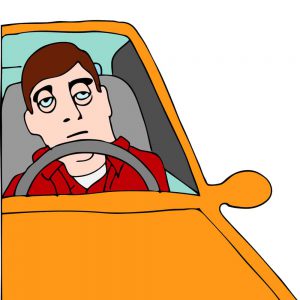 We have all experienced being tired or sleepy. When we reach that point it can be almost impossible to function. When your body needs rest, it needs rest. We’ve also experienced how fresh, rejuvenated, and energetic a good night’s sleep can make us feel. The difference can be unbelievable. However, according to the American Psychological Association most people are sleep deprived. In fact, it may not be a question of whether or not you are sleep deprived, but rather how sleep deprived are you?
We have all experienced being tired or sleepy. When we reach that point it can be almost impossible to function. When your body needs rest, it needs rest. We’ve also experienced how fresh, rejuvenated, and energetic a good night’s sleep can make us feel. The difference can be unbelievable. However, according to the American Psychological Association most people are sleep deprived. In fact, it may not be a question of whether or not you are sleep deprived, but rather how sleep deprived are you?
 It is believed that all humans dream, but about 30 percent of people say they never dream. Does that mean they really do not have dreams, or that they just never remember their dreams? There is no way of knowing without in-depth tests and research, but there are some things that influence dreams for those of us that do dream. Our dreams can seem disjointed and downright weird at times, or cool and magical at other times. What influences our dreams?
It is believed that all humans dream, but about 30 percent of people say they never dream. Does that mean they really do not have dreams, or that they just never remember their dreams? There is no way of knowing without in-depth tests and research, but there are some things that influence dreams for those of us that do dream. Our dreams can seem disjointed and downright weird at times, or cool and magical at other times. What influences our dreams?
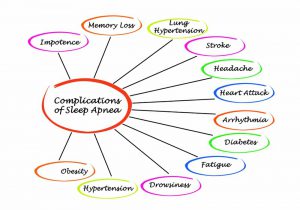 Sleep apnea is a sleep disorder that many people are unaware they have because it happens while they are sleeping. In most cases, someone who has seen and heard them sleep brings it to their attention. However, you can have daytime symptoms that can indicate a sleep disorder. Do you know what to look for? Sleep apnea has a myriad of symptoms of which you can be aware: daytime symptoms, nighttime symptoms, painful symptoms, and more. Do you have any of these symptoms?
Sleep apnea is a sleep disorder that many people are unaware they have because it happens while they are sleeping. In most cases, someone who has seen and heard them sleep brings it to their attention. However, you can have daytime symptoms that can indicate a sleep disorder. Do you know what to look for? Sleep apnea has a myriad of symptoms of which you can be aware: daytime symptoms, nighttime symptoms, painful symptoms, and more. Do you have any of these symptoms?
 When you are lying in bed at night tossing and turning you may become anxious because you aren’t sleeping because you know how lousy and tired you feel the next day. Lack of sleep makes you groggy, fuzzy, and grumpy, but it also has some serious side effects, and can even be life threatening. So whether you are lying awake because of your spouse’s snoring, suffering from insomnia, or suffering from some other sleep disorder, know the psychological effects of sleep loss so you can do something about it.
When you are lying in bed at night tossing and turning you may become anxious because you aren’t sleeping because you know how lousy and tired you feel the next day. Lack of sleep makes you groggy, fuzzy, and grumpy, but it also has some serious side effects, and can even be life threatening. So whether you are lying awake because of your spouse’s snoring, suffering from insomnia, or suffering from some other sleep disorder, know the psychological effects of sleep loss so you can do something about it.
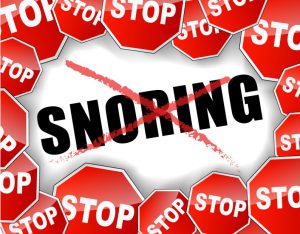 A good night’s sleep does more than rejuvenate your energy and mood, children grow during sleep and when they say “sleep is the best medicine” that could be because you can heal while you are sleeping, too. More things go on while you are sleeping than just dreaming. One not so good thing that happens during sleep is snoring. If your snoring is waking you up at night, or keeping your spouse awake during the night, you may want to see what you can do to stop snoring.
A good night’s sleep does more than rejuvenate your energy and mood, children grow during sleep and when they say “sleep is the best medicine” that could be because you can heal while you are sleeping, too. More things go on while you are sleeping than just dreaming. One not so good thing that happens during sleep is snoring. If your snoring is waking you up at night, or keeping your spouse awake during the night, you may want to see what you can do to stop snoring.